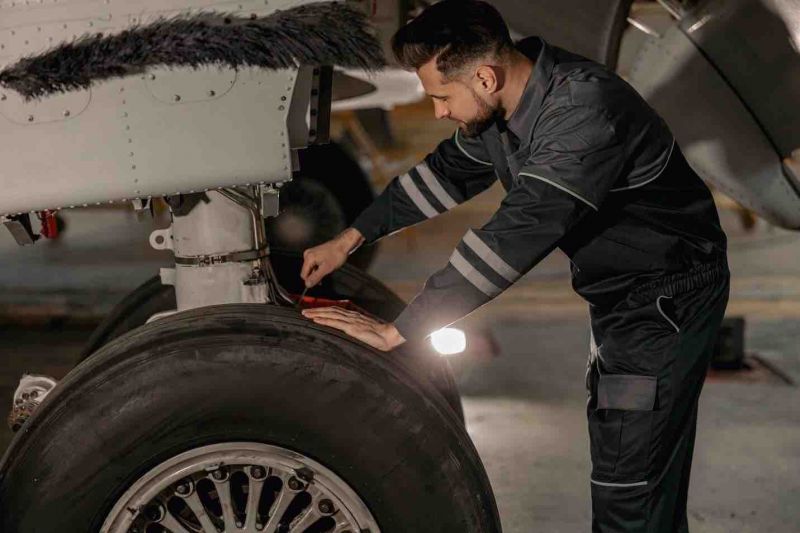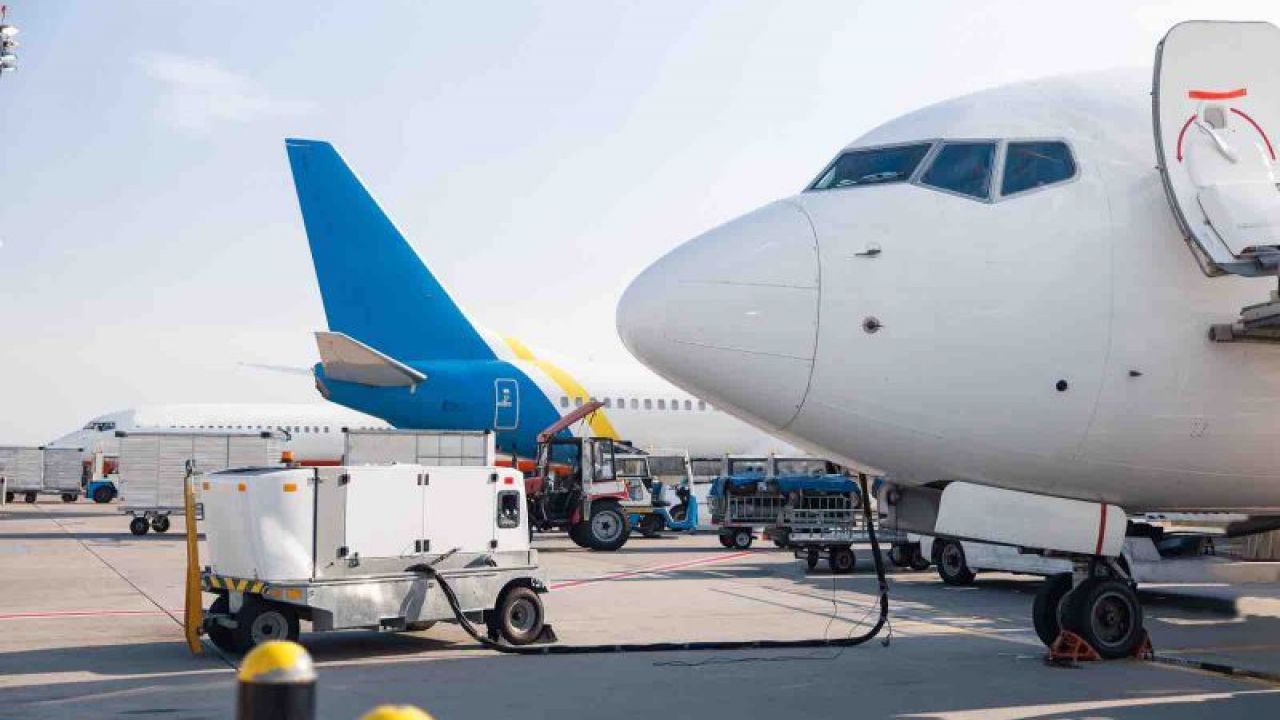How to Claim Compensation for Delays Due to Aircraft Maintenance
No traveler wants to fly on a poorly maintained plane. But there’s a time and a place for plane repairs and maintenance, and that shouldn’t be right before your scheduled flight. The one upside to a flight delayed due to maintenance is that there’s the potential to claim compensation, which can be anywhere from €250 to €600, depending on the length of your journey.
Airline delays seem to be unavoidable if you travel frequently, so it’s good to know that there’s some help in place to alleviate the burden. Read on for all the information on how to claim compensation for a flight delayed due to maintenance.
What are My Rights in Case of Flight Delay Due to Maintenance?
A flight delayed due to maintenance issues is considered avoidable by the airline since it’s their responsibility to maintain all their aircraft proactively. Because this issue is considered preventable, passengers are entitled to flight delay compensation in certain cases.
It’s essential to know your rights as they relate to these flight delays. That way, you can make your claim and hold the airline responsible. But just because you experience a flight delay due to maintenance doesn’t mean you’re automatically entitled to a generous payout. Some essential conditions have to be met. They are:
- Your flight must be delayed a minimum of 3 hours. The 3 hours are counted from the time you were initially scheduled to arrive at your final destination. Anything less than 3 hours or if you leave 3 hours late but arrive less than 3 hours behind schedule, you don’t qualify for compensation.
- The flight delay can’t be caused by what’s known as extraordinary circumstances. For example, if a strike or other political action prevents the maintenance crews from working on the plane, this would be an extraordinary circumstance. If that’s not the case and the delay is due to the airline’s failure to conduct routine maintenance, you should be entitled to reimbursement from the airline.
How to Claim Compensation for Delays Due to Aircraft Maintenance

As mentioned, the amounts of compensation vary depending on the length of your trip. Simply put, the longer the journey, the larger the compensation amount. It also depends on the origin of your flight - EU and non-EU departure points are evaluated differently.
It’s easy to check your eligibility and calculate your expected compensation amount for a flight delayed due to maintenance directly on the AirAdvisor website. This should be your first step before you initiate any kind of claim. If it turns out that your circumstances don’t meet the minimum requirements, it’s better to know as soon as possible.
Once you’ve established that your trip interruption is a result of a maintenance delay and you arrive at least 3 hours late at your destination, it’s time to contact the airline to start the claims process.
You’ll need to contact the airline in writing and outline all your details, the reason for the delay, your expected compensation amount, and the timeframe for a response. Prepare yourself to be denied, as most airlines’ first instinct is to deny the claim, and that’s exactly why AirAdvisor exists. We can pursue the claim on your behalf and drastically increase the chances of you receiving compensation for a flight delayed due to maintenance.
Claim with AirAdvisor and get up to €600 compensation. Find out how much you’re owed today.Check Your Flight
Extraordinary Circumstances – When Can’t I Claim Compensation?
When you’re seeking compensation for flight delay due to mechanical problems, it’s necessary first to understand the difference between a maintenance issue and extraordinary circumstances, especially as it relates to regulation 261/2004. While this legislation protects passengers against delays caused by preventable situations, it does not guarantee any compensation if the delay is outside the airline’s control. A good rule of thumb is if the airline could have done something ahead of time to prevent the situation, it’s probably not an extraordinary circumstance.
Of the extraordinary circumstances a passenger is likely to encounter, flight delays due to weather are the most common. If the weather is inclement and will interfere with the safe operation of the plane, it’s not uncommon for a flight to be delayed or cancelled completely.
Other extraordinary circumstances include political unrest, which involves things like strikes, security issues, and terrorism concerns or acts. So, if your flight is delayed for any of these reasons, EU regulation 261/2004 would not apply.
AirAdvisor Can Help With Your Claim
Did you know that you don’t have to go through the flight delay technical fault compensation process alone? AirAdvisor is always here to help you navigate all the steps toward reimbursement, from checking compensation eligibility to the final payout.
AirAdvisor’s legal team is well-versed in all your rights and the airline’s obligations. We have extensive experience navigating the claim process and handling difficult airlines. With AirAdvisor, you can avoid the headache of contacting the airline altogether and let us do the hard work.
Another way that AirAdvisor helps with your claim is in the success rate. Your chances of actually receiving compensation (and the maximum amount possible) are much higher with AirAdvisor than without. Plus, we don’t get paid unless you do, so there’s absolutely no risk.
FAQ
What does it mean when a flight is delayed due to maintenance?
A flight delayed due to maintenance means that you arrive late at your destination, and this delay is directly related to the airline’s failure to complete maintenance or repairs on the plane.
How long do maintenance issues take on a plane?
Air carrier maintenance timeframes are not one-size-fits-all. The length of the maintenance can last from a few minutes to a few hours to days. The delay time will depend on the availability of staff and spare parts, as well as the necessary testing procedures once the aircraft maintenance has been completed.
What happens if you miss a connecting flight due to maintenance?
If you encounter a delay due to maintenance resulting in a missed connection, as long as the delay was at least 3 hours, regulation 261/2004 would entitle you to compensation from the airline. The airline is also generally required to book you on a new flight free of charge.
How often do planes have maintenance issues?
Basic maintenance is typically conducted on a plane every 2 days, and more in-depth maintenance happens once every 2 or 3 months. Ideally, any problems will be identified and fixed quickly to minimize delays. Generally speaking, airlines with more modern fleets will have fewer issues than ones operating older planes.


Flight Compensation Calculator:
Check if you are entitled to flight delay compensation in just 3 minutes.





